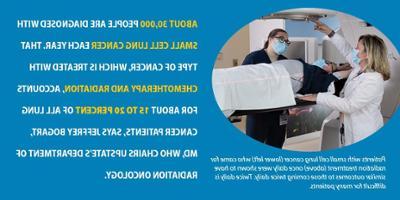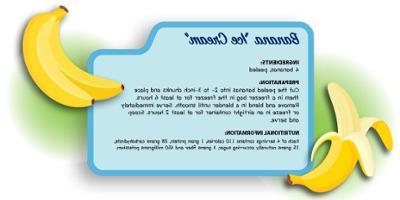Just breathe: A doctor shares his recipe for relaxation
How can you make today a more contented and peaceful day?
Kaushal Nanavati, MD, recommends belly breathing. He’s the medical director of integrative medicine at Upstate and the assistant dean of wellness.
For proper belly breathing, when you breathe in, the belly pushes out; when you exhale, the belly comes back in. And, you go slowly.
“Take a nice, deep inhaling breath, the longest inhale possible,” he coaches, “and take even longer to breathe out. Slowly, slowly, slowly.”
Taking time to breathe slowly and deeply helps break your pattern of thinking.
“As we start to get anxious, the emotions spiral. In our brain, the prefrontal cortex, which helps us with some of our logic, doesn’t get a chance to get activated,” Nanavati describes.
“When we take a deep breath, and we calm ourselves, that part of our brain can get engaged again. That helps us to use reason and logic and be able to think, ‘OK, in this situation, what is in my control?’
“We have good science behind this,” Nanavati says. “We know that with 10 minutes of nice, deep breathing”:
- Levels of cortisol, the stress hormone, drop. This not only helps reduce stress but can help prevent immune systems from weakening. Lower levels of cortisol also help control blood sugar and inflammation in the body.
Cortisol can also affect blood pressure.
- Levels of adrenalin, the “fight or flight” hormone, drop, which helps reduce anxious feelings.
- Levels of the hormone melatonin rise. This can help with sleep and in boosting the immune system.
- Levels of the chemical serotonin rise. This can enhance mood and help with gut motility (digestion).
- Levels of the chemical messenger dopamine rise, increasing our sensation of pleasure.
Researchers at Harvard University studied people who did belly breathing an average of 27 minutes per session, Nanavati says. Medical images of their brains revealed changes in density and blood flow over the course of eight weeks, which he says indicates focused breathing had a cellular impact.
Nanavati reminds people that “at any given moment, regardless of what we’re facing within us, we have potential to make a choice. That choice can be as simple as taking a nice slow, deep breath, which actually does have a calming effect.
“And that allows us to focus better and to redefine our purpose.”
This article appears in the summer 2023 issue of Cancer Care





